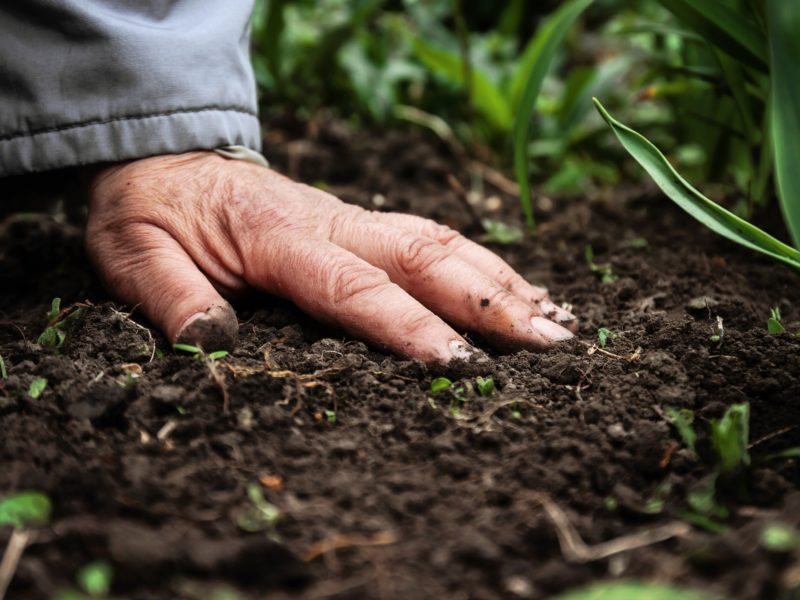Texas Grow! Eat! Go! Interventions Have Positive Impact

Research has shown that efforts through the Texas Grow! Eat! Go! program have had a positive effect on improving the health and wellness of youth in the five participating Texas counties.
The study is a five-year collaboration among AgriLife Extension, the University of Texas School of Public Health at the Austin Regional Campus, Texas A&M University and the Texas A&M Health Science Center School of Public Health.
“The goal of the study was to determine the effect of specific interventions on improving the physical activity and eating behaviors of children and families, especially in low-income and underserved areas, and prevent obesity and overweight in children,” said Dr. Alex McIntosh of Texas A&M AgriLife Research, College Station.
The Texas Grow! Eat! Go! study engaged 28 resource-limited Title I elementary schools in five geographically diverse counties to determine the efficacy of two programs in conjunction with Coordinated Approach to Child Health, or CATCH, efforts, said Dr. Judy Warren, AgriLife Extension special initiatives coordinator and principal investigator for the study.
“CATCH is a coordinated school health program of the type mandated by the state,” Warren explained. “The programs being assessed in the study are two AgriLife Extension programs — Walk Across Texas, which promotes physical activity, and the Junior Master Gardener program, which promotes youth gardening and nutrition.”
She said these programs were selected for study as interventions because they had already been successful in engaging youth, but had never been evaluated on health outcomes using typical research methods and practices.
McIntosh, who is among a team of cross-university researchers involved with the Texas Grow! Eat! Go! study, said the study was designed to help assess the separate and joint effects of the two experiential programs on weight status, diet and physical activity among third-grade students.
Continue reading on AgriLife Today.
This article by Paul Schattenberg originally appeared in AgriLife Today.





